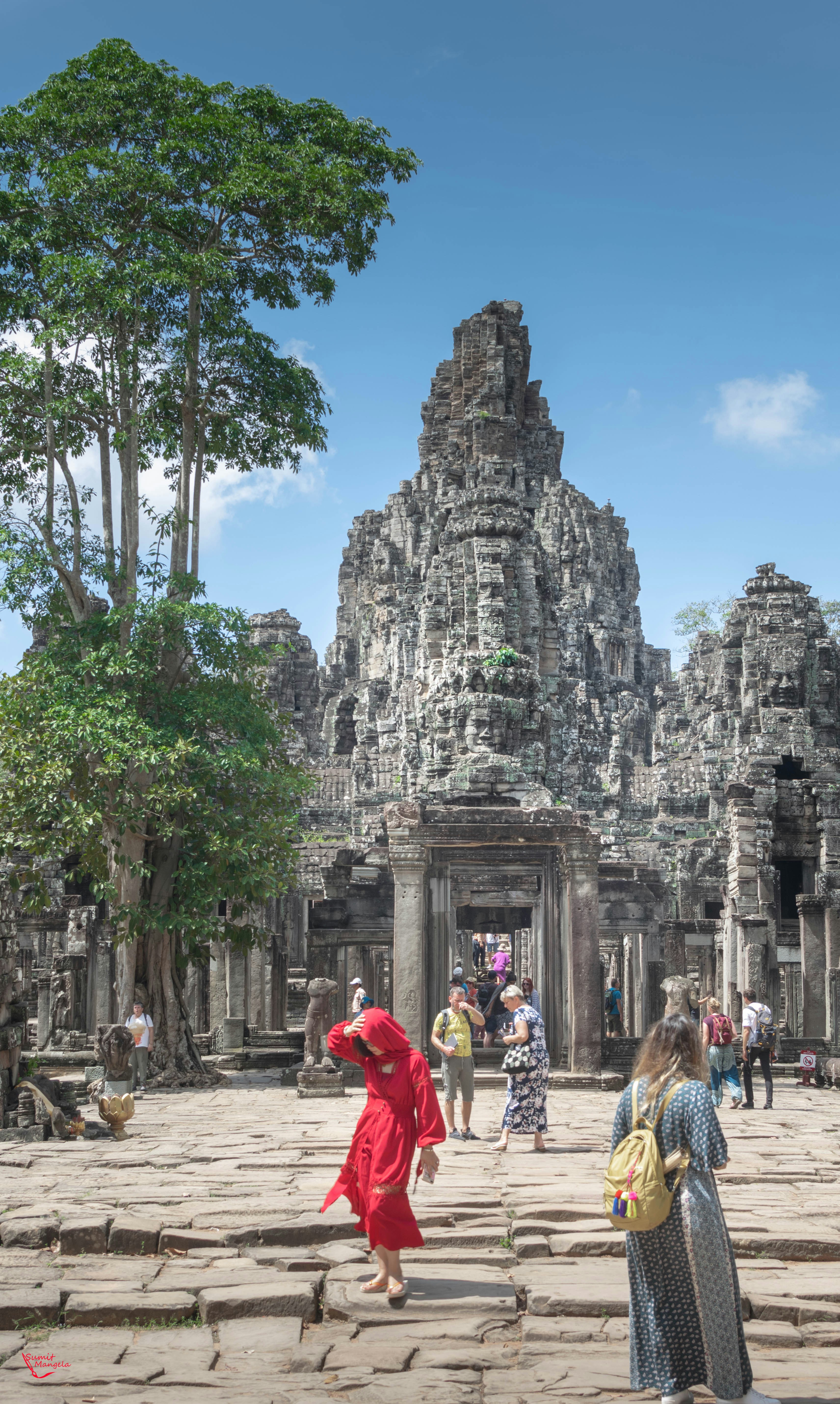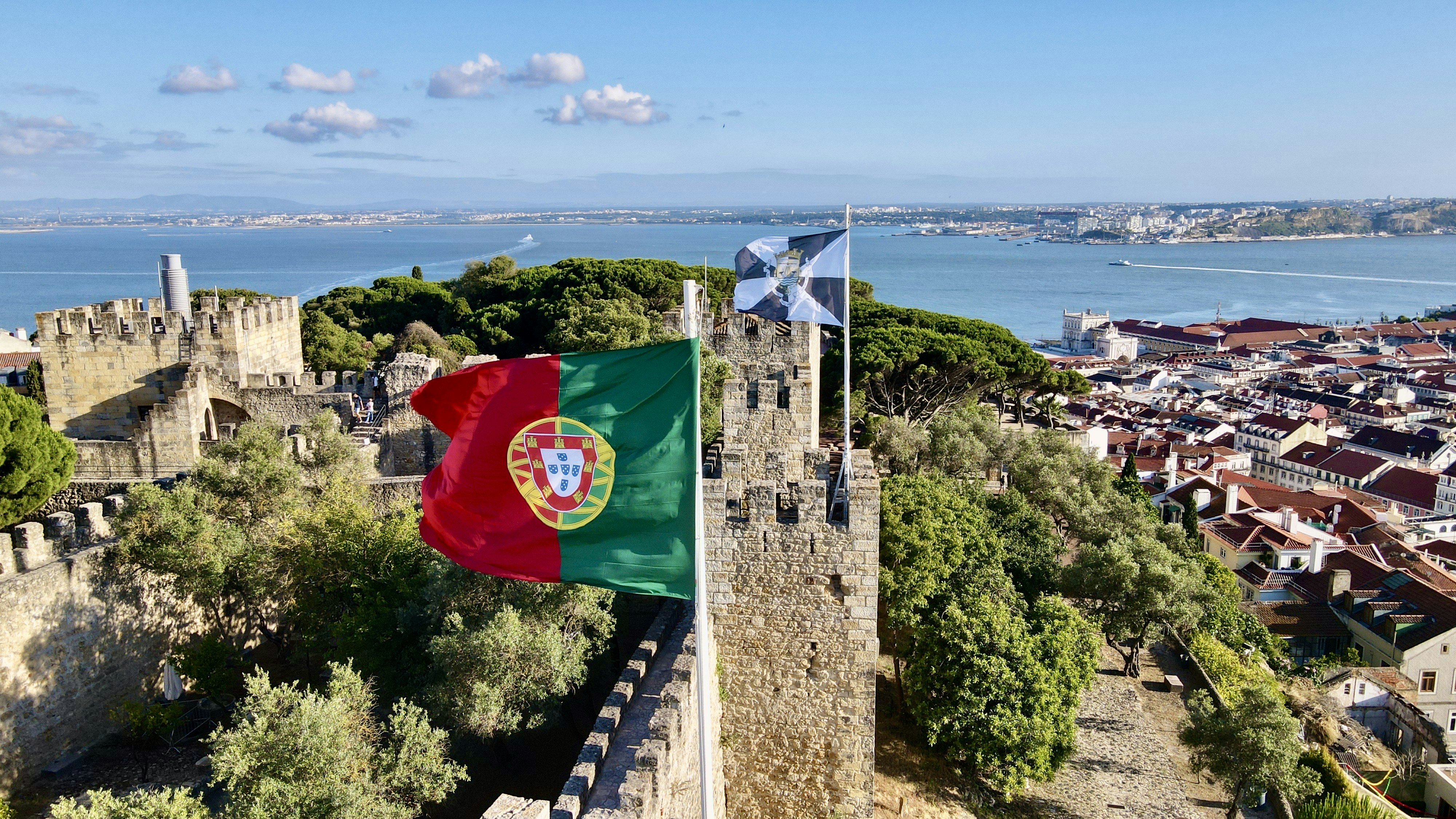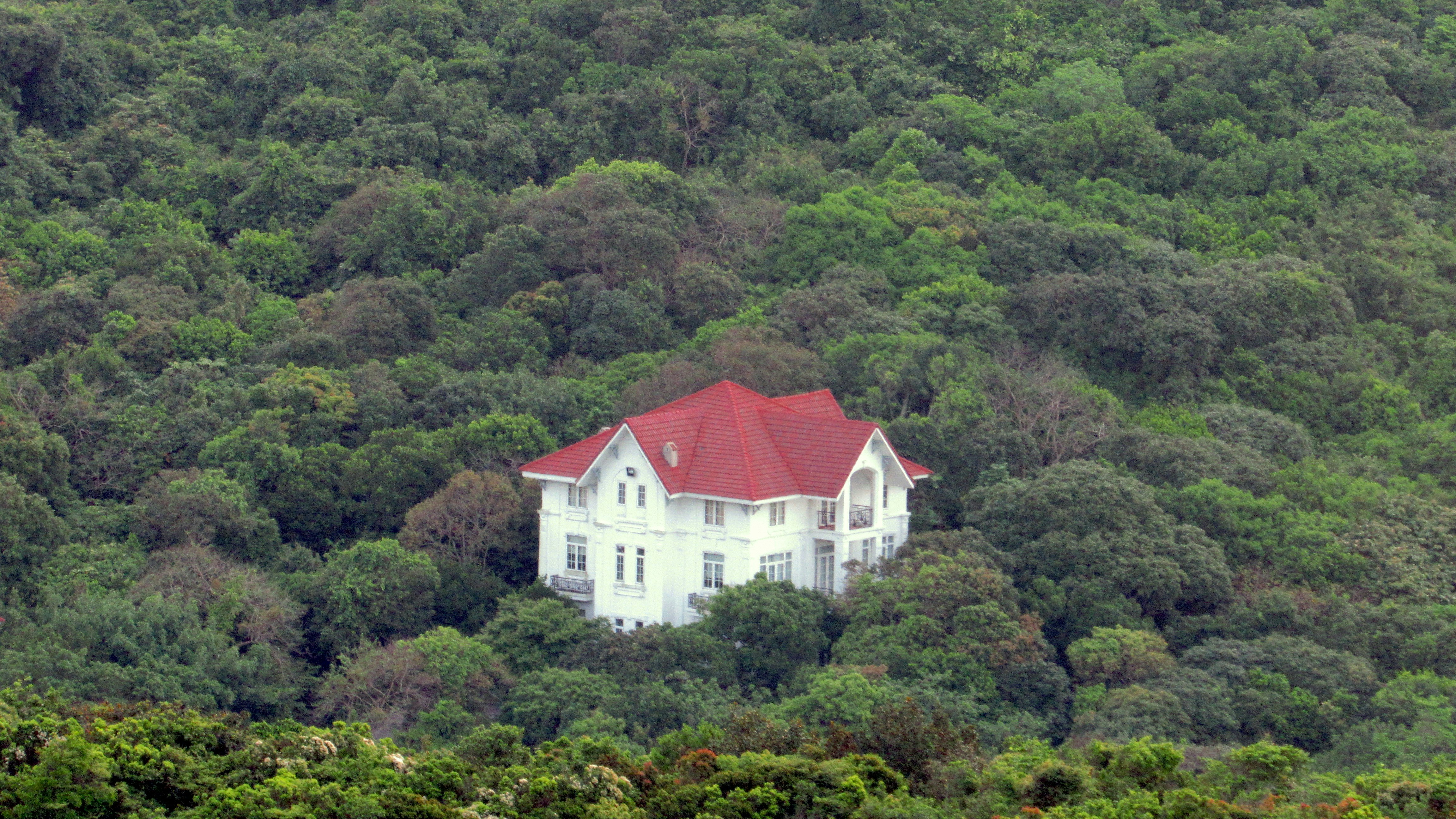
The Human Desire for Change and Exploration
The urge to explore is an intrinsic part of the human experience, deeply rooted in our evolutionary history. Early humans were nomadic, migrating in search of food, safety, and better living conditions. This instinctive drive to navigate new territories not only ensured survival but also fostered adaptability and resilience. The challenges faced during these explorations might have been daunting, yet they helped shape the cognitive and physical abilities that define modern humanity. As a result, the impulses for change and exploration continue to thrive, influencing contemporary lifestyles.
Psychologically, the need for novelty plays a critical role in our desire to travel. Engaging with unfamiliar environments and cultures stimulates the brain’s reward system, releasing neurotransmitters that evoke feelings of excitement and satisfaction. Furthermore, such experiences often lead to the development of new perspectives and enhance cognitive flexibility. Travel serves as a means to break the monotony of routine, inviting individuals to embrace change, which ultimately nurtures personal growth and psychological well-being.
Historical anecdotes serve as testaments to our enduring fascination with exploration. Figures such as Marco Polo and Ferdinand Magellan epitomized the spirit of discovery, embarking on journeys that expanded the known world and shaped global history. Their expeditions not only exemplified personal daring but also laid foundations for cultural exchange and advancements in various fields. In modern times, adventurers like Sir Ranulph Fiennes continue this legacy, undertaking challenging expeditions in pursuit of discovery and often inspiring others to redefine their boundaries.
Overall, the innate desire for change and exploration is a powerful motivator that transcends time and space. It is this intrinsic urge that leads people to travel, highlighting the human quest for new experiences and understanding beyond familiar horizons.
Cultural Immersion and Personal Growth
Traveling opens up a world of opportunities for individuals to engage with diverse cultures, thereby fostering a profound understanding and appreciation of varied lifestyles. Immersing oneself in different environments allows travelers to experience customs, traditions, and social dynamics that are often starkly different from their own. This exposure plays a critical role in enriching personal growth, as it challenges preconceived notions and encourages open-mindedness.
The transformative effects of cultural exchange during travel are manifold. By interacting with locals, individuals can gain insights into the nuances of daily life, beliefs, and values that characterize different societies. This firsthand experience facilitates a deeper connection to the global community, as travelers begin to recognize the common threads that bind humanity together, despite cultural differences. As individuals navigate new social settings and communicate across language barriers, they often find their identity reshaping, leading to a more nuanced worldview.
Moreover, travel significantly enhances empathy and global awareness. By witnessing and participating in various cultural practices, individuals are positioned to reflect on their own privileges and challenges, fostering deeper compassion for others. This empathetic approach can lead to increased advocacy for social justice and cultural preservation, as travelers become more invested in the welfare of communities they engage with. The ability to see the world through different lenses not only shifts perceptions but also encourages individuals to become more active, informed global citizens.
Travel experiences often serve as turning points in personal journeys, prompting profound changes in attitudes and belief systems. Many individuals report feeling more connected to the world after engaging with diverse cultures, which in turn influences their future choices and relationships. Through cultural immersion, travel cultivates a sense of responsibility towards contributing positively to global society.
Connection and Relationship Building
Travel is often seen as a solitary pursuit, yet it fundamentally revolves around social interaction and relationship building. When individuals embark on journeys, they frequently engage with fellow travelers and locals, forging connections that can enrich their experiences. These interactions create a unique environment where shared stories, cultural exchanges, and collective adventures can strengthen existing bonds among families, friends, and partners. As travelers navigate unfamiliar landscapes, the shared challenges and triumphs associated with their journeys often serve to deepen their relationships.
Anecdotes of friendships formed on the road are abundant; consider the story of two backpackers who met in a bustling café in Buenos Aires. They soon discovered a mutual love for adventure and literature, leading them to embark on a week-long journey together throughout the beautiful landscapes of Patagonia. This unexpected bond became a lifelong friendship, illustrating how travel can create lasting connections. Such experiences are not isolated; many individuals return home with stories of friendships formed through serendipitous encounters at hostels, guided tours, or community events.
Moreover, traveling provides families and romantic partners opportunities to strengthen their bonds. The act of navigating new environments together often requires teamwork and communication, fostering a sense of collaboration. Whether it’s planning an itinerary or solving unexpected travel challenges, these shared experiences can cultivate appreciation and understanding between family members or partners. Traveling together through diverse cultures allows for unique opportunities to grow closer, as they participate in meaningful activities that deepen their connections.
Ultimately, the desire to travel thrives upon the quest for connection. The social aspects of travel extend beyond mere entertainment; they offer invaluable moments of discovery, understanding, and companionship that stay with individuals long after they return home. Through shared adventures, stories are woven into the fabric of personal histories, making travel an essential avenue for relationship-building.
Escaping Routine and Finding Mental Clarity
In today’s fast-paced world, the daily grind can often lead to feelings of monotony and stress. Many individuals find themselves yearning for a break from their established routines, prompting the desire to travel. This urge is not merely about visiting new places; it serves a deeper psychological function that facilitates stress relief and promotes mental well-being. Stepping away from familiar environments allows individuals to disengage from their daily responsibilities, enabling them to experience a sense of liberation and rejuvenation.
Traveling provides the opportunity to immerse oneself in diverse cultures and landscapes. This immersion acts as a catalyst for personal reflection and introspection. As individuals move through unfamiliar territories, they are often able to observe their lives from a new perspective, gaining insights that would be difficult to achieve while entrenched in routine. Scientific studies have consistently highlighted the restorative effects of such breaks; for instance, research indicates that taking vacations can lead to reduced stress levels, improved mood, and better overall health.
Moreover, travel can be likened to a reset button for the mind. The psychological distance created by being away from home allows individuals to unwind, recharge, and return to their daily lives with renewed energy and clarity. Many travelers report a significant enhancement in their creativity and problem-solving abilities post-trip, a phenomenon supported by various studies in psychology that connect novel experiences with cognitive flexibility. Furthermore, personal testimonials often accentuate how travel not only provides a reprieve from stress but also fosters personal growth and deeper connections with others.
Ultimately, the act of traveling transcends mere escapism; it is a vital tool for mental clarity and emotional wellness. By engaging with new environments, individuals can break free from their habitual cycles and return home with a fresh outlook, equipped with renewed vitality and insight to tackle life’s challenges.


